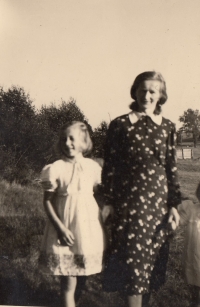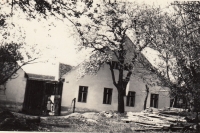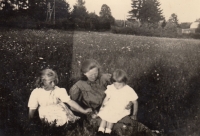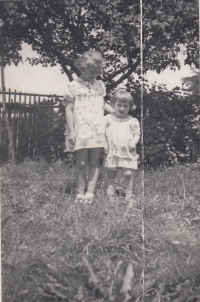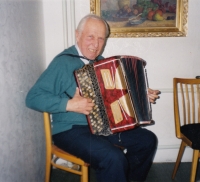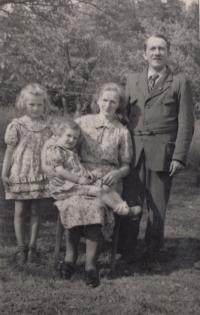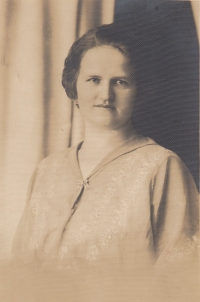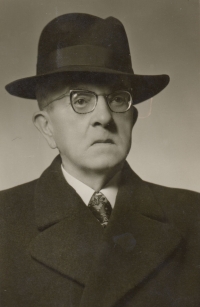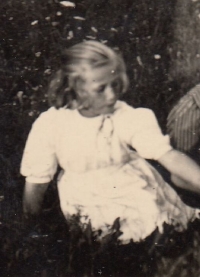I was Czech in a German school and then German in a Czech school
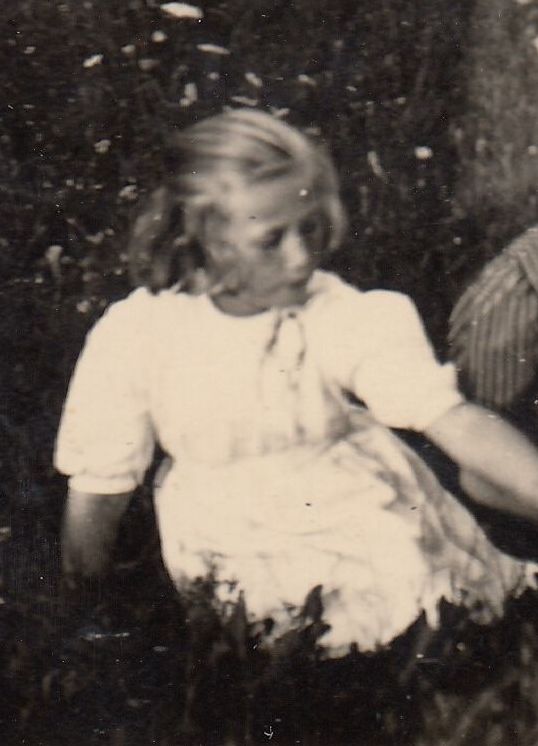
Download image
Marie Plachá, née Sitková, was born on October 11, 1934 in Kamenné Újezd to a Czech-German family. The Sitka family had a small farm in the Na Dolech settlement near Kamenný Újezd. Although her father, Karel Sitko, was German, the family considered themselves Czech and Czech was spoken at home. The witness only learned proper German at the German school in Boršov nad Vltavou, which she had to attend as the daughter of a German during the war. She didn’t like the school, she never had German friends, and at first she didn’t even understand much German. After the war, her father and grandfather were threatened with deportation. However, Anna Sitková’s mother managed to prove that they had helped the Czechs during the war, and they both obtained Czech citizenship and were able to stay in the republic. At the end of the war, Red Army soldiers stayed at their farm. As an eleven-year-old girl, the witness was a witness to the Czechs dealing with the Germans, the humiliation of the German population and the rampage of the Revolutionary Guards in Kamenný Újezd. In the 1950s, parents were forced to join the local JZD (unified agricultural cooperative), where they worked until retirement. After completing economic school, the witness worked as an administrative worker in various businesses around České Budějovice. In the seventies, she joined the Communist Party. After 1989, she left the Communist Party. In 2022, she lived in Kamenný Újezd.
